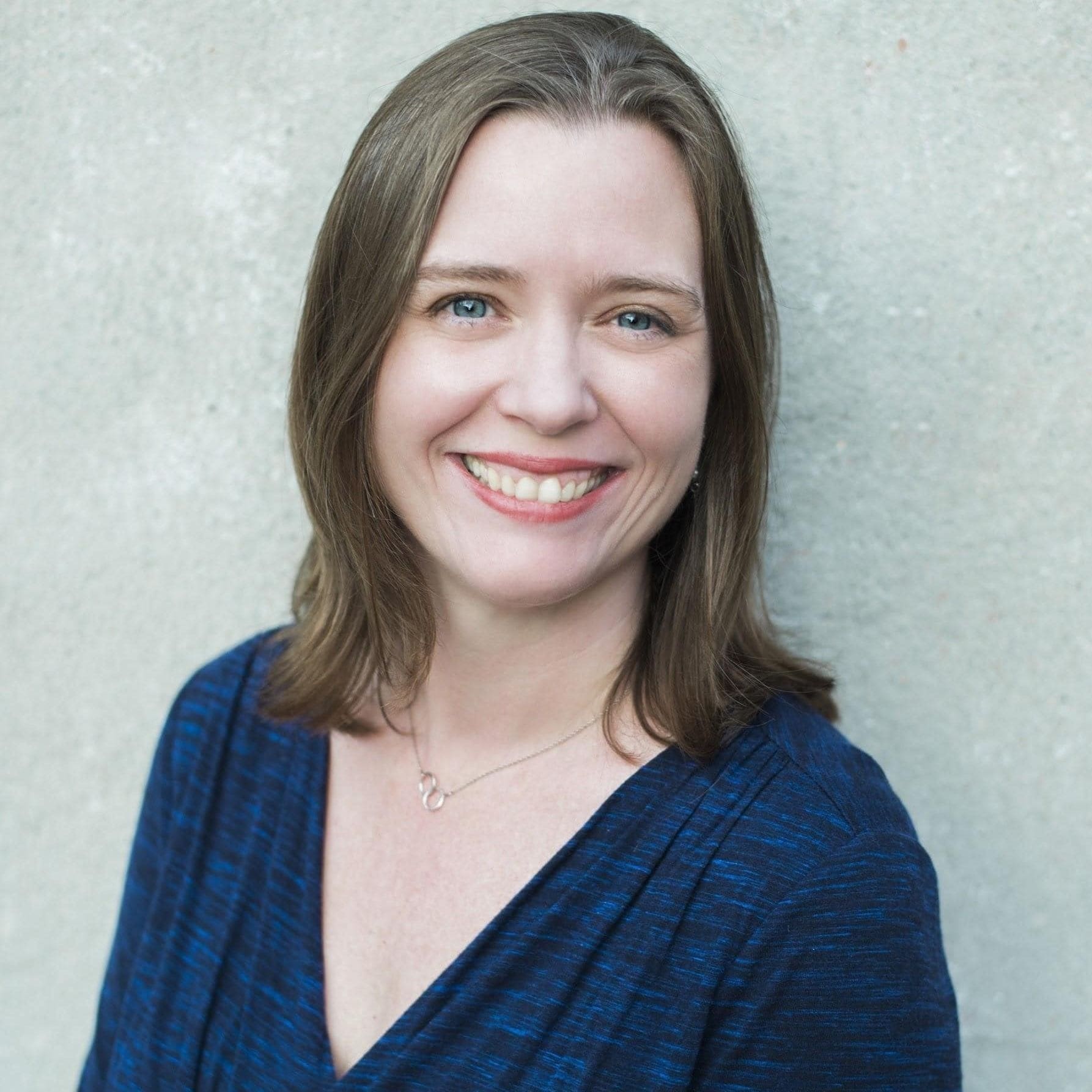We spoke with Kate Rademacher, Senior Technical Advisor and Project Director, FHI 360, and one of the members of our 2020 Leadership Journey. Read our Q&A to learn about her new book, what has surprised her about the Journey and who is inspiring her.
What is your Leadership Journey Project and why did you choose it?
In 2019, the World Health Organization classified burn-out as an “occupational phenomenon” for the first time in their International Classification of Diseases. Since that time, there has been emerging evidence that overwork can literally kill us. Anecdotally, I have observed that mid-career women professionals in global health frequently struggle to avoid chronic stress and burn-out. Through my WomenLift Health leadership project, I am exploring ways that we can support global health professionals throughout all career stages to avoid burnout. This topic relates to my new book, Reclaiming Rest, which was released by Broadleaf Books in June 2021.
What has surprised you about the WomenLift Health Leadership Journey experience?
The journey has caused me to reflect more deeply on the definitions and meaning of women’s leadership. It is interesting because WomenLift Health is grant-funded, and this may be one of the first times in my life I’m on the “receiving” not “giving” end of a grant-funded project. As such, being a part of the journey has made me think about the big-picture goals we’re trying to achieve. That is, at the end of the project, will I be a “success” in terms of achieving project indicators? This links directly to the question of how we define “success” for women and women’s leadership more broadly. Is it about “climbing the ladder” and achieving external positions of status and power? Is it about increasing one’s sphere of influence and impact? Is it about stepping out in new and brave ways that we might not have otherwise? Is it about having the freedom and empowerment to define leadership for ourselves? Is it all of the above? These are interesting questions to ponder, and the leadership journey has helped me reflect on these topics. The didactic component as well as the mentoring and coaching components of the WomenLift Health Journey have all been wonderful. Plus, the cohort of women is incredibly supportive and inspiring!
How can we ensure that women are at the center of not only COVID recovery plans but also long-term strategies for the improvement of health?
During the pandemic, the phrase “build back better” has moved into the mainstream. The past year and a half has shown us there is clearly a need to build back better when it comes to women’s health, gender equity and global development more broadly. The pandemic has also revealed the enormous burden and unrealistic expectations placed on working parents in the U.S. and around the world. My hope is that as we work to build back better, we can reflect deeply on our values, and identify how we can support individuals and families to ensure opportunities for healthy, safe, equitable work and rest.
Who inspires you?
Most of my professional work focuses on increasing access to contraception. Globally, an estimated 218 million women living in developing countries want to avoid or delay pregnancies but are not using a modern contraceptive method. I am deeply inspired by women professionals I know who have dedicated their careers to expanding access to contraception globally and who have mentored me. This includes my supervisor, Dr. Laneta Dorflinger, at FHI 360. Dr. Dorflinger is a passionate advocate for expanding family planning access and has been working in the field for over thirty-five years. She currently oversees the single largest group of scientists working together to develop and introduce new mid-to long‐acting contraceptive methods for women. She is a daily inspiration to our team!


